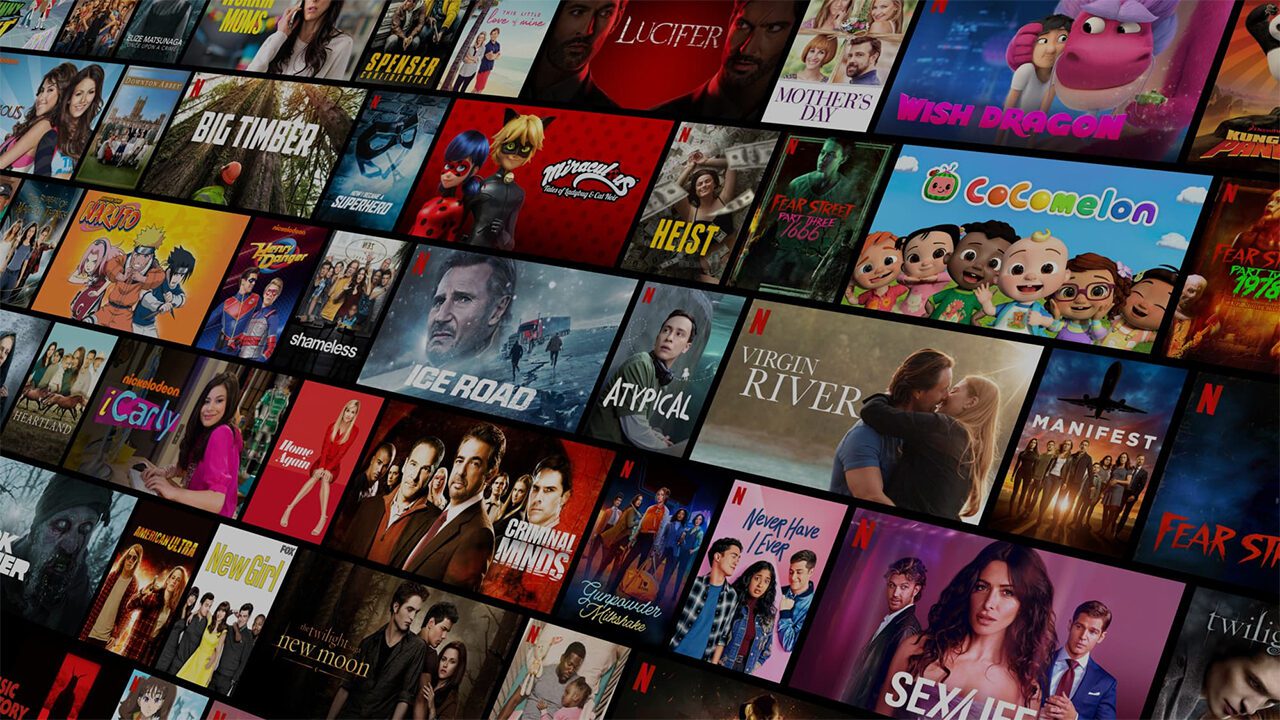Netflix will trial new charges for password sharing from next month
Five counties in Latin America will be able “add a home”

As part of its initiative to crack down on password sharing and generate more income, Netflix will soon begin trialling an “add a home” feature for customers across five Latin American countries.
From next month subscribers in Argentina, El Salvador, Guatemala, Honduras, and the Dominican Republic will need to pay an additional cost to use their account away from their primary residence for longer than two weeks; however mobile devices, including smartphones, tablets and laptops will not be affected.
Members on the Basic plan in each country can add one extra home, while those who pay more for the Standard plan get two and Premium users can have up to three. Each additional home will cost 219 pesos ($1.70) in Argentina, where a Basic subscription is currently priced at 379 pesos per month ($2.94), and $2.99 in the other four countries where a Basic monthly plan will set you back $7.99.
A new "manage homes" tab in "account settings" will let users control where their account is being used – and remove homes at any time.
In March 2022, Netflix launched a similar “add extra member” feature in Chile, Costa Rica and Peru, charging subscribers $2.99 to add one extra user to their account, with Standard and Premium customers able to add up to two.
Although Netflix account sharing is common globally, with the company even at one time crediting it with being intrinsic to its success, it is thought to be particularly prevalent in Latin America, where the yearly cost of a subscription in relation to the average wage is higher than across North America and Europe. According to research by Comparitech, a basic yearly Netflix subscription in the UK amounts to 0.23% of the average person's income and 0.17% in the USA, but in Honduras, it equates to around 4.4%, one of the highest worldwide.
In a blog post about the new charges, Netflix's Director of Product Innovation Chengyi Long wrote that the company was taking measures because "today’s widespread account sharing between households undermines our long term ability to invest in and improve our service".
Get the What Hi-Fi? Newsletter
The latest hi-fi, home cinema and tech news, reviews, buying advice and deals, direct to your inbox.
Earlier this year, Netflix reported significant subscriber losses for the first time in a decade, with a global net loss of 200,000 paid users in April. When the company disclosed that it was braced to lose a further two million subscribers before July, its shares dropped by more than 25 per cent, wiping more than £23bn /$30bn / AU$40.3bn off its market value, rising to around £56.5bn / $70bn / AU$99.8bn since.
Demand for streaming services is increasingly on the wane as the cost of living continues to rise across the globe. Yesterday, research firm Kantar reported that more than three million UK households have already cancelled a streaming service subscription this year, up from 1.51 million in the first three months of the year.
Netflix has previously spoken about its plans to stem the tide and claw back revenue by clamping on those who share accounts while also partnering up with Microsoft to introduce a cheaper ad-supported tier.
While the company might not be in the rudest of health, it's still emphatically the market leader when it comes to video on demand, with around 220 million subscribers globally.
MORE
6 mistakes to avoid with Netflix
The one Netflix feature that everyone should know (but not enough people do)
Cancelling Netflix? This is the streaming service for real movie fans
Mary is a staff writer at What Hi-Fi? and has over a decade of experience working as a sound engineer mixing live events, music and theatre. Her mixing credits include productions at The National Theatre and in the West End, as well as original musicals composed by Mark Knopfler, Tori Amos, Guy Chambers, Howard Goodall and Dan Gillespie Sells.
